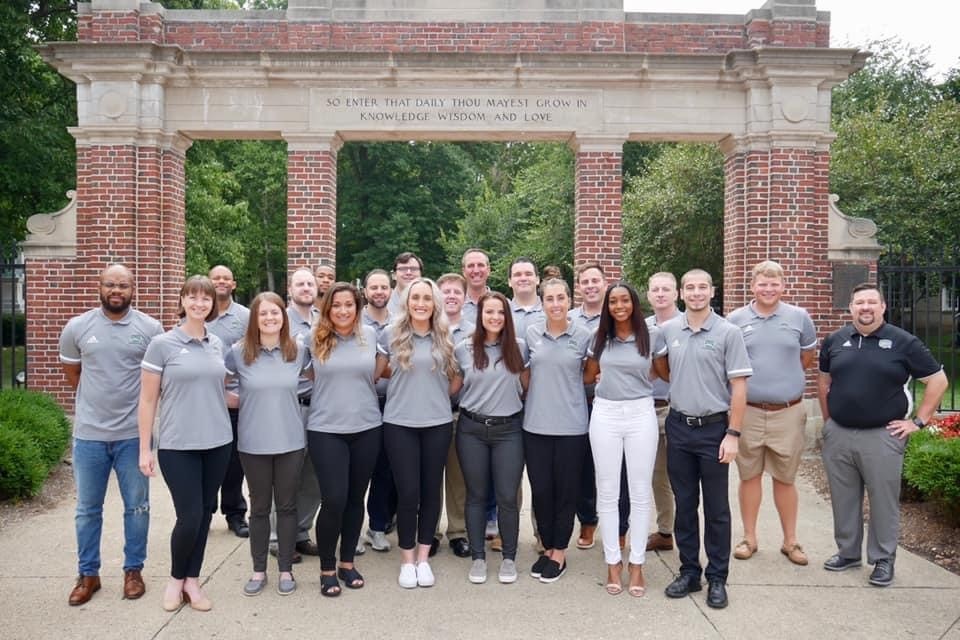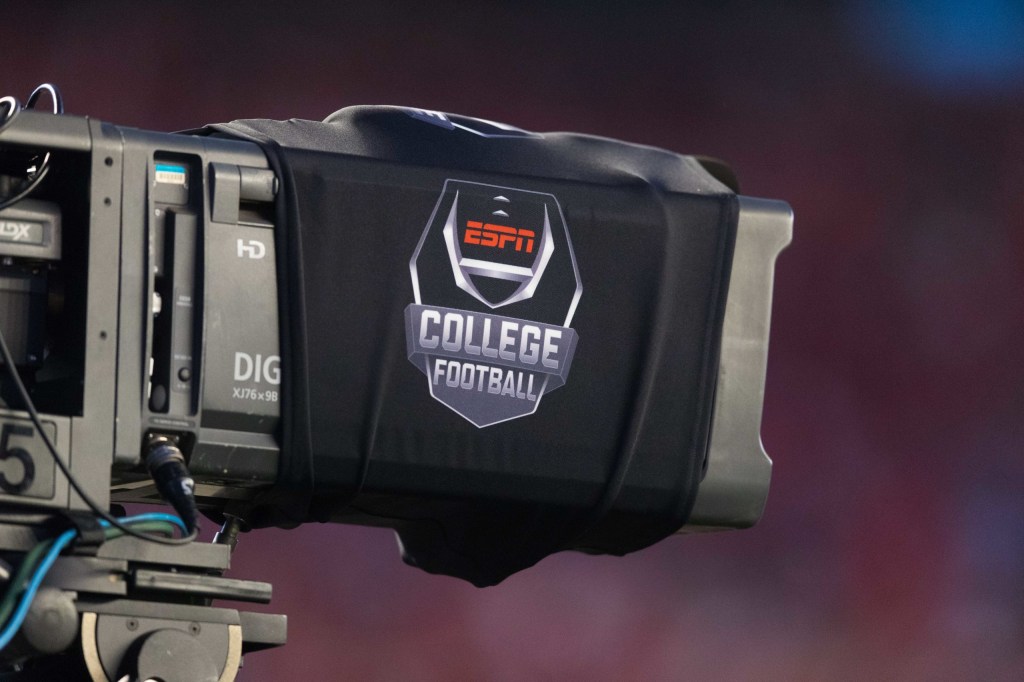
While attending new student sessions for Drexel University, I learned about the famous co-op program that would provide students with six months of work experience before graduation. We saw statistics of how much students would typically make and the laundry list of companies that had relationships with the university.
I then went to a separate sessions that were specific to my major — Entertainment & Arts Management — and learned that the chances of a coveted paid internship are slim and for that opportunity to be paid was something of an anomaly.
Want more great content like this? Be sure to subscribe to our newsletter!
The debate of unpaid and paid internships is nothing new and yet the continues with seemingly little change. Recent lawsuits have changed practices in certain organizations but many still employ students ‘for credit.’
Personally, I see the benefit of both sides and in some instances, unpaid interns actually learn more. Why? Well if you’re paying someone, it doesn’t matter the work they are being given, because at the end of the day there is a check being cashed. In some, not all cases, a ‘for-credit’ intern will be required to do more work to justify the credit being given.
Backstory: In addition to volunteer work, I had three internships. One internship was paid, one was unpaid and one was a mix of unpaid with some expenses covered. At all three internships, I learned immense amounts and built relationships.
The problem, however, lies with a growing demand for diverse talent (in all definitions of the word) and the lack of financial support for some in those categories.
I’m fortunate enough to have had support from my parents in addition to working a part-time job and I realize that isn’t the case for everyone. Some potential interns aren’t able to take advantage of opportunities because they simply can’t afford it.
So here lies the issue some have, understandably, with Darren Rovell and many other industry professional’s comments about working for free. But all of these arguments for ‘paying your dues’ are valid and in an industry where everyone wants to get in. Some have found that credit-only internships weed out those who lack ambition.
Look around your classes and remember that thousands of other students are trying to break into the same industry and grab those same internships.
My personal opinion is that interns (working for multiple months) should be fairly compensated for the work being done, but that standards are necessary to ensure that an intern is actually providing value to the organization.
At the same time, volunteering for ad-hoc events and not expecting compensation can provide valuable experience to help secure those coveted internships.
The demand for sports internships grows each semester and and there is a requirement to already have work experience whether that means having written about sports for your school newspaper, coordinating the awards dinner for a team or volunteering for events on campus or being the team manager.
In addition to a part-time job that teaches customer service, any little bit that you can add to your resume will help secure that internship. Sure, this answer may seem to be sitting in the gray area, but to be honest, both sides have reasons for an intern to warrant compensation. There has to be some value add to the organization.
That value add comes from having not only studied the concepts, but understanding how to apply those concepts. Know how to market to an underserved area? Great, show that knowledge. Understand a new social media platform? Use it to your advantage.
For those looking for internships, understand why you should be paid and how you can add value to an organization. For those looking for an intern, know that while you can still attract talent without financial compensation, but understand that the pool of candidates can grow more diverse by providing minimum wage.
Moving forward, let’s all work to educate those on both sides of the argument as to why we feel one way or the other.

















